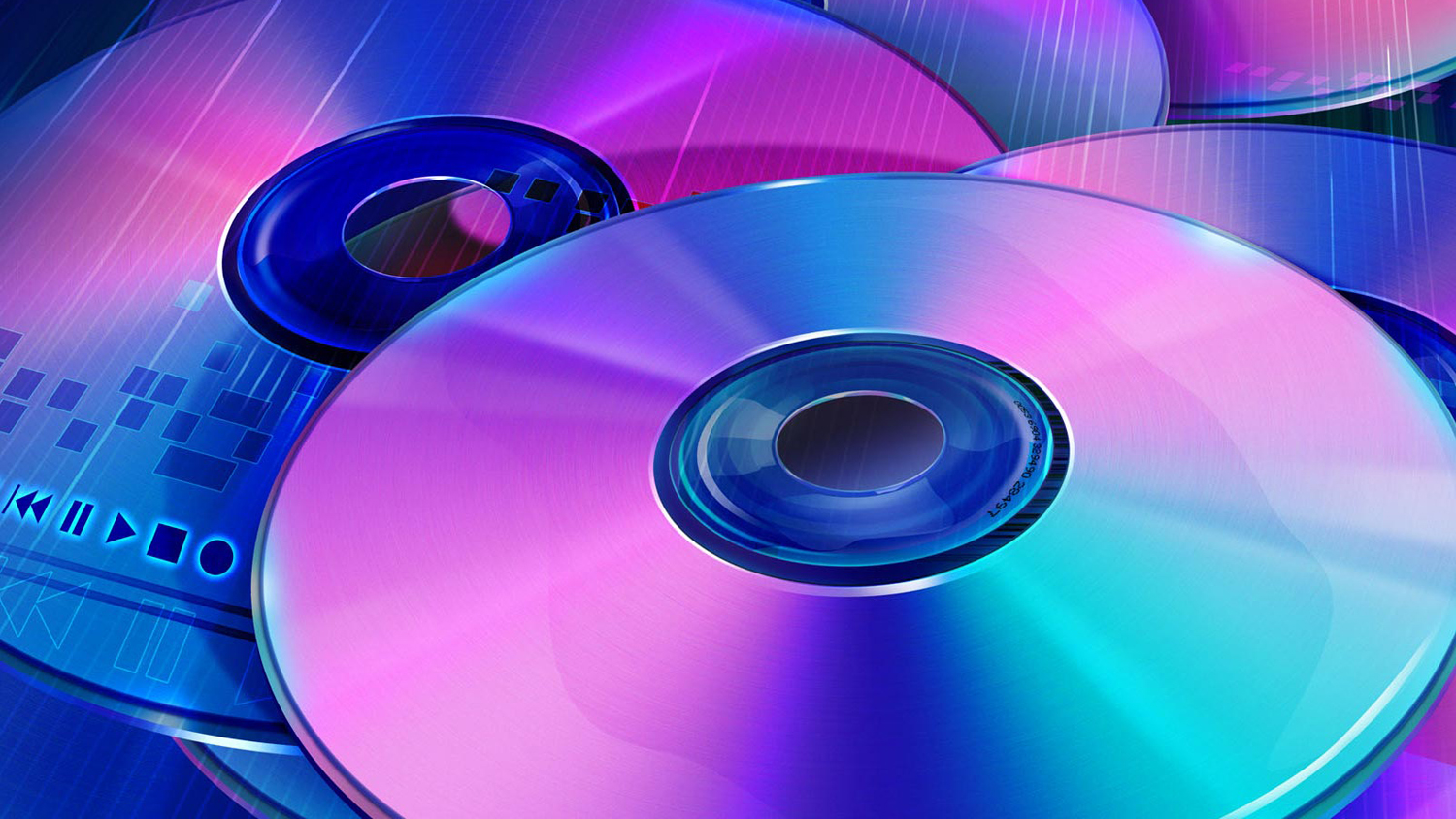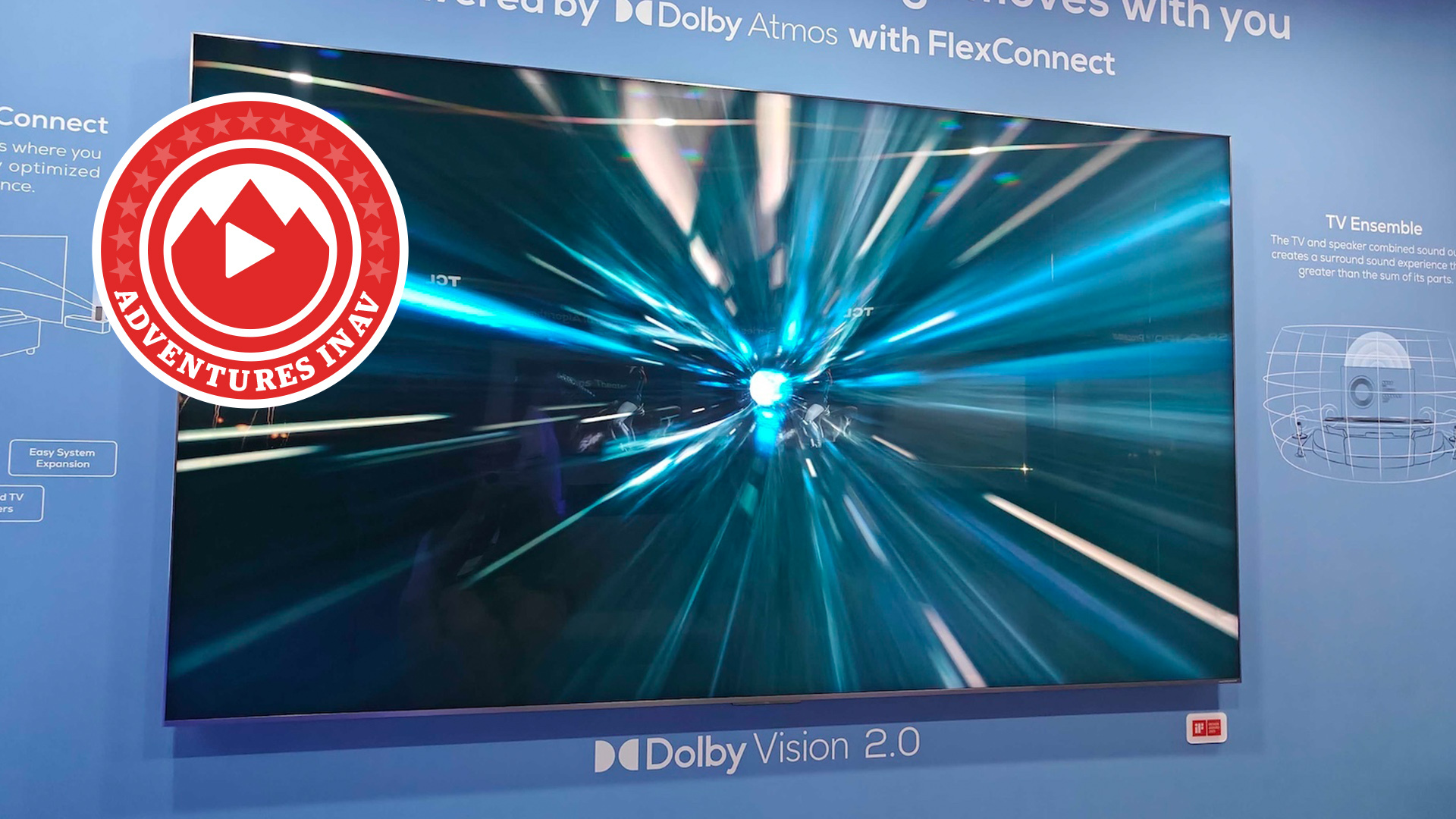Ableton's co-creator suggests he may ditch vinyl in favour of CDs for superior sound and sustainability
The musician wants to "fully embrace CDs" instead

Debates about the merits of analogue vs digital are nothing new, but this past week Ableton co-creator, musician and artist Robert Henke caused a stir on Facebook after posting that he was considering not releasing anymore music on vinyl and "fully embracing CDs" instead.
In his original post, he cited the superior signal-to-noise ratio, channel separation, and frequency response of CDs, as well as the convenience of their smaller size before signing off love-letter style: "Compact Disk, you are underrated, and you will always have a place in my heart."
In response to the discussion, and the more than 300 comments that followed, Henke went on to clarify that he sees no issue in buying and selling vintage vinyl but believes that "manufacturing big heavy plates of plastic and having them shipped around the globe is a huge waste of energy and resources".
"Shipping is a big part of the problem and will become more so when prices for fuel go up," he added. He also noted the comparatively high energy consumption of streaming, concluding that "CD is a compromise I feel more comfortable with".
Henke's unease with the environmental effects of both modern vinyl production and streaming is backed up by growing research in the field. According to a 2021 report by the New Statesman, using analysis by the department of environmental sustainability at Keele University, streaming music for five hours consumes as much carbon as the materials used to produce a physical CD, and seventeen hours is equivalent to that of a vinyl record. A comparison of those materials calculates that vinyl, produced from crude oil, contains 979g of carbon compared to the 288g found in the polycarbonate and aluminium that make up a CD with a jewel case.
But Henke is keen to let his followers know it's not just his concerns about sustainability that prompted his post but also a reverence for intentional, rather than mindless, listening.
In a final addendum, he says that he believes a vital property of all physical formats is that they necessitate a playback source with a single function saying: "Playing vinyl or playing a CD on a CD player is a dedicated act of listening, away from the non-stop background stream of data from your iPhone, laptop, what ever. That ritual is important." And as much as we love streaming, we certainly wouldn't argue with that.
The latest hi-fi, home cinema and tech news, reviews, buying advice and deals, direct to your inbox.
MORE
Everyone is buying vinyl, but it isn't (and shouldn't be) the end for CDs
And with that, here are the best CD players
Mary is a staff writer at What Hi-Fi? and has over a decade of experience working as a sound engineer mixing live events, music and theatre. Her mixing credits include productions at The National Theatre and in the West End, as well as original musicals composed by Mark Knopfler, Tori Amos, Guy Chambers, Howard Goodall and Dan Gillespie Sells.
